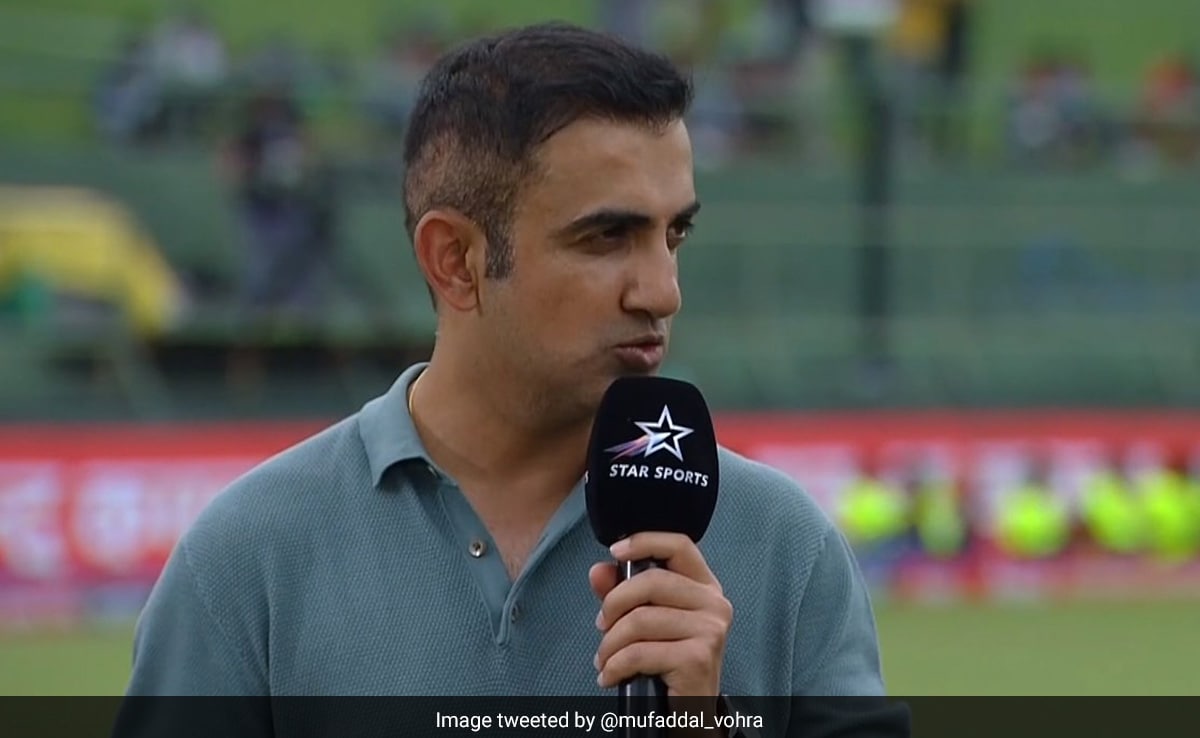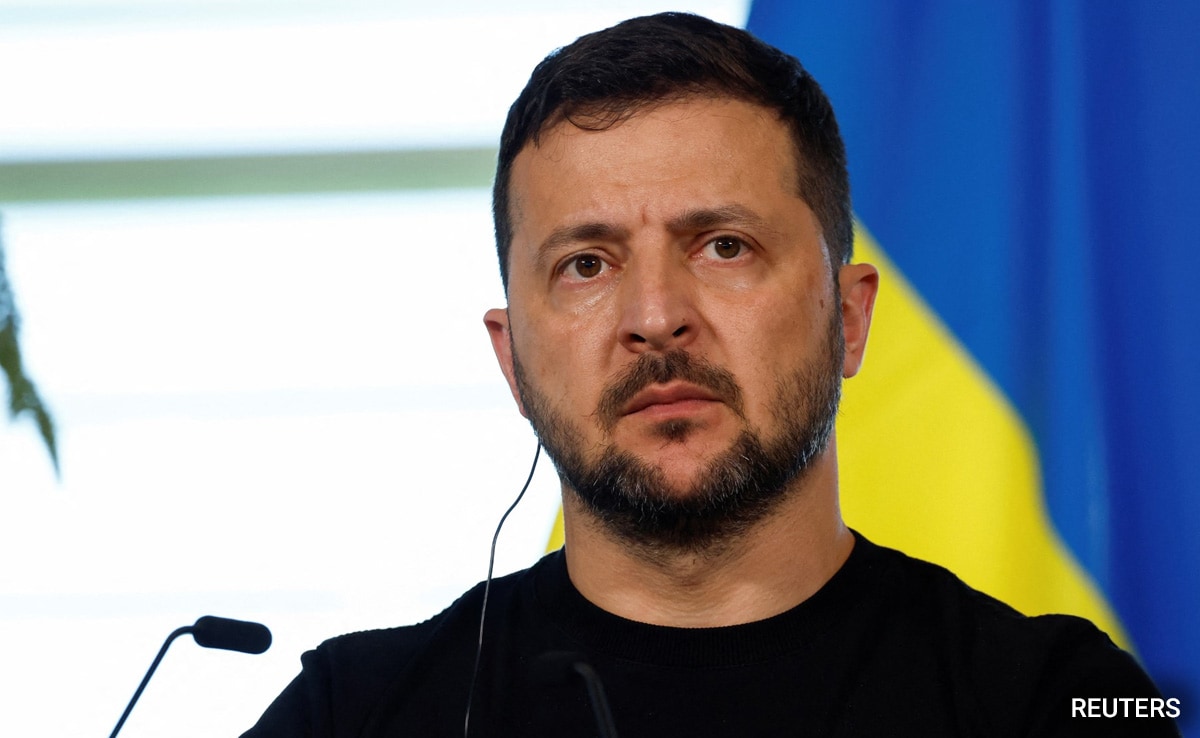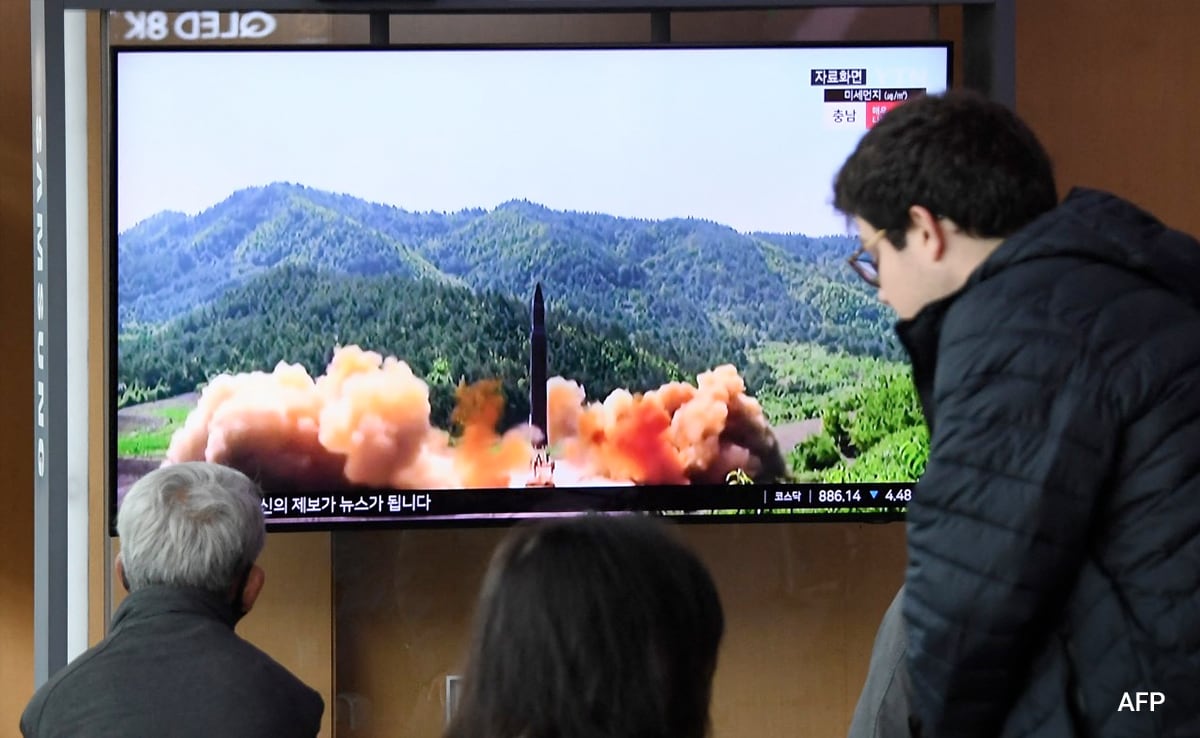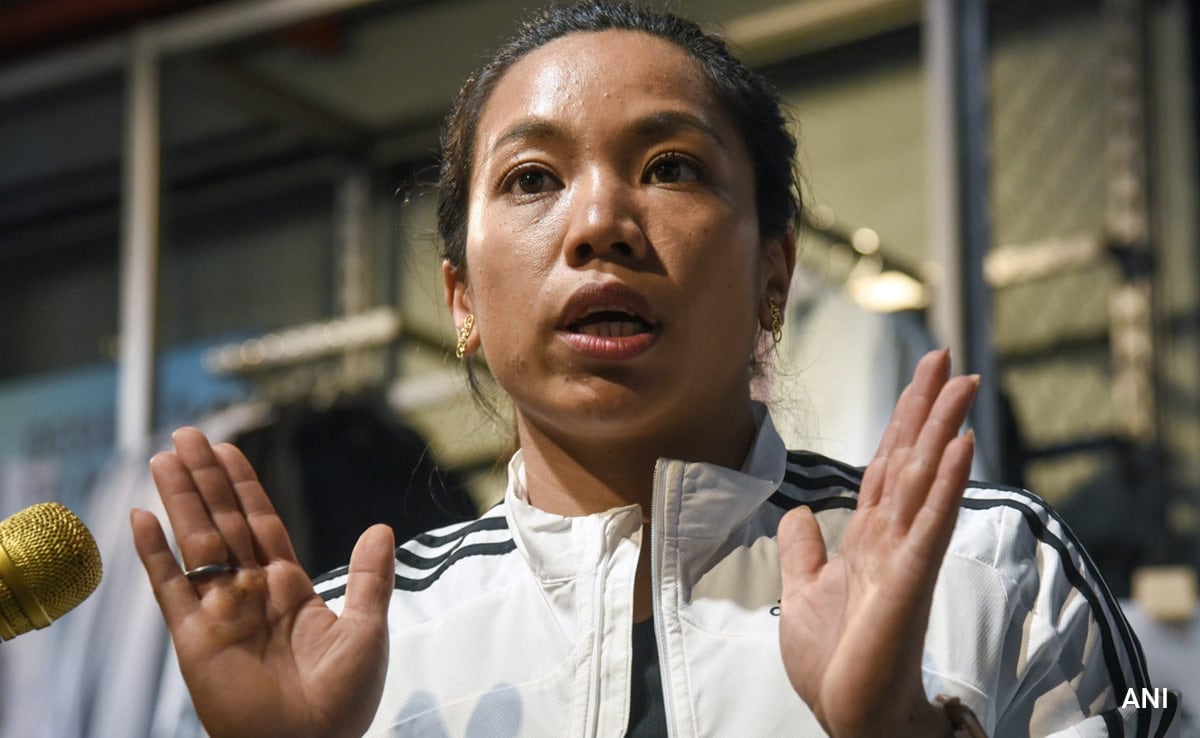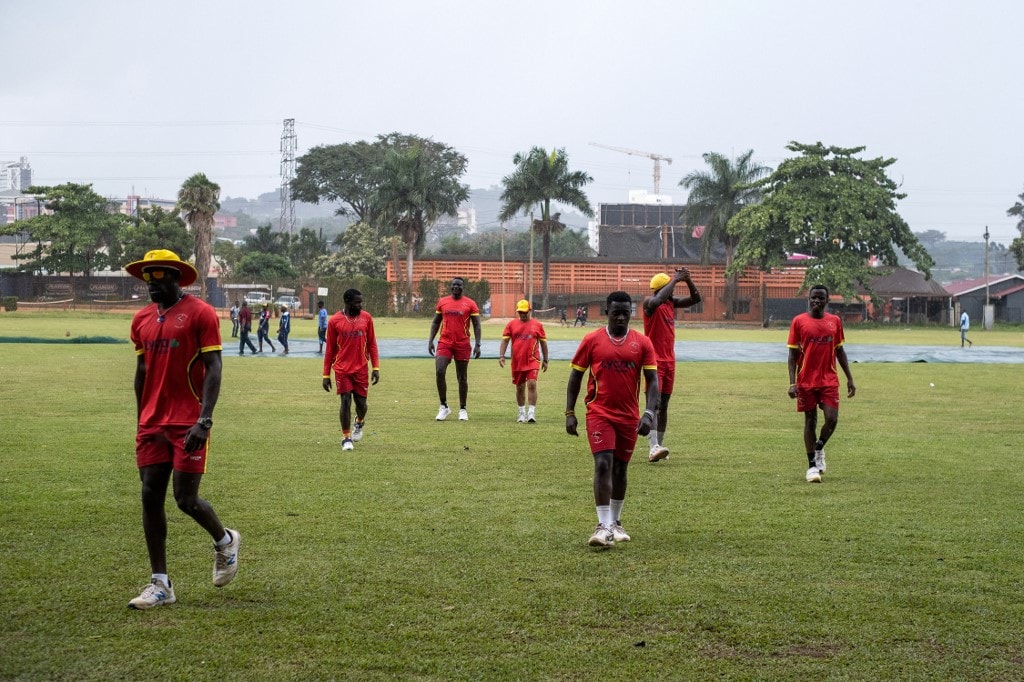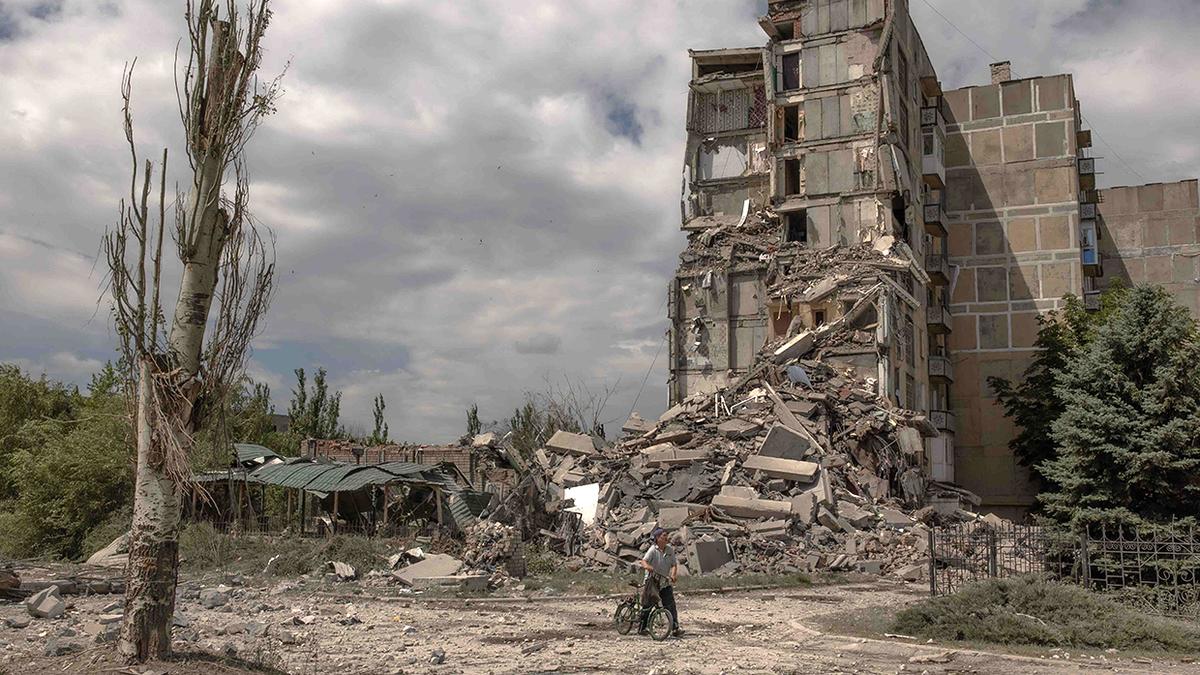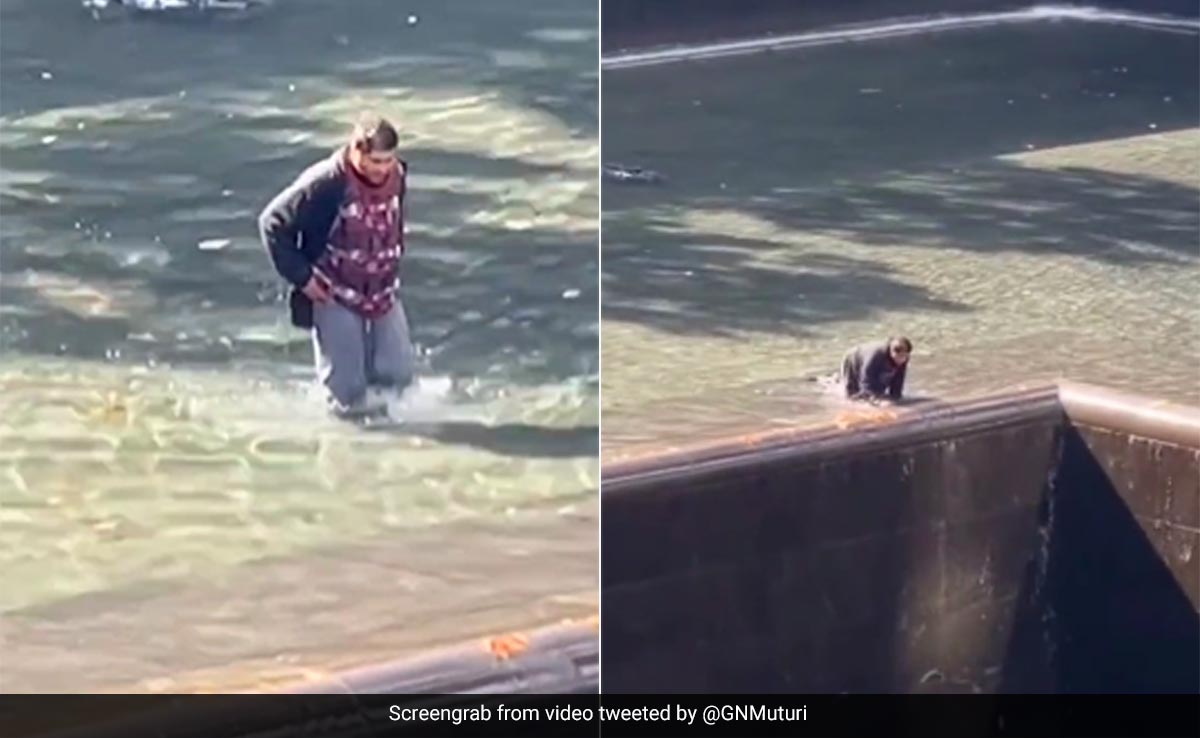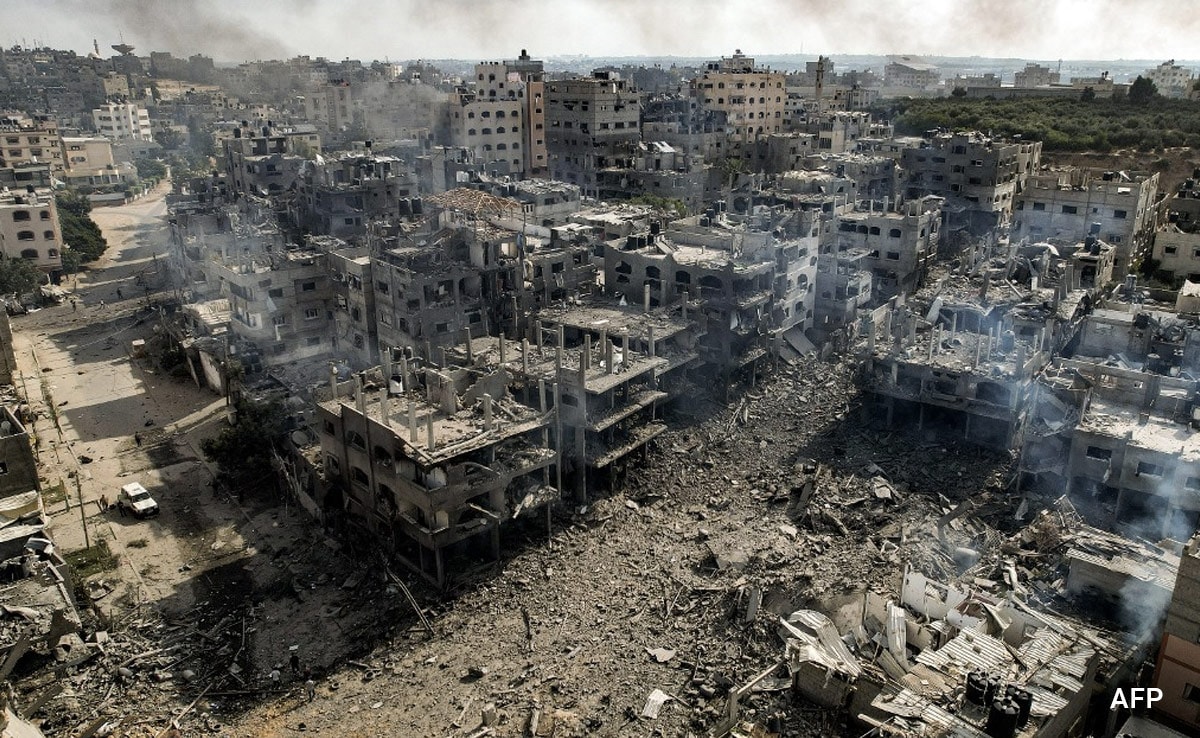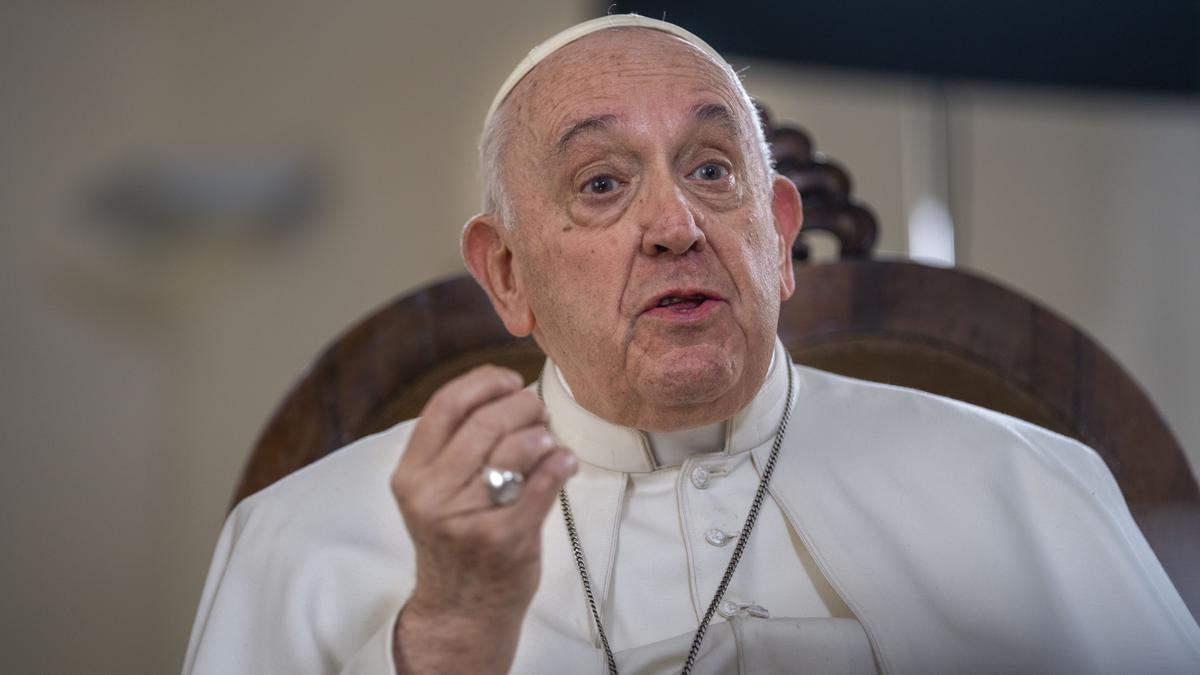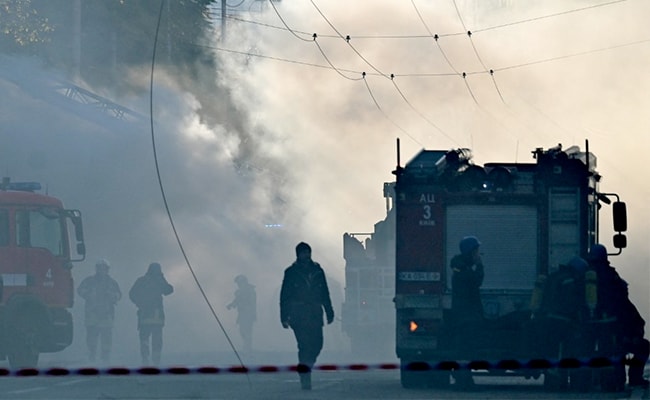Compared to others in war-scarred east Ukraine, Galyna Poroshyna had been lucky to live in Toretsk, a mining town nestled in a relatively sleepy sector of the front line.
Then, suddenly, the Russian assaults began, and life in the town, some 40 kilometres north of Donetsk city, deteriorated drastically.
As rockets and air strikes started raining down on shaken residents this month, Ms. Poroshyna and her neighbours sheltered in basements, emerging between barrages to assess the damage.
The Internet and electricity shut off. A shell landed near Ms. Poroshyna’s home. Ukrainian forces struggled to hold positions that had been under their control for months.
Like her mother and grandmother, the 63-year-old was born and raised in Toretsk. She married there. Her son was born and buried in the town after succumbing to an illness.
Strong bonds
“This is the kind of bond that is very hard to break. I can’t leave and go away. I can’t,” the 63-year-old said.
That Russia now has Toretsk in its sights underlines a worrying trend for Kyiv as the war grinds through its third year.
Ukraine’s troops, already exhausted and outgunned, are being further stretched by new Russian attacks and advances across the more than 1,000-kilometre front line.
Kyiv said the Russian onslaught came following a “protracted lull” in fighting. But the Kremlin is determined to capture the entire Donetsk region, which it claims is part of Russia.
Like many towns and cities in eastern Ukraine, Toretsk bore a different name during the Soviet era: Dzerzhinsk, after Felix Dzerzhinsky, the notorious founder of the Kremlin’s secret police.
Ms. Poroshyna’s husband Oleskandr described it as a quiet industrial settlment — mines below ground, roses above and where around 12,000 regular people lived regular lives.
“It was a good town. Small, compact and always clean. A lot of people stayed here and got married,” he recounted.
When Russian forces invaded in 2022 that changed. First the water went, then gas, then heating, Ms. Poroshyna recounted.
“But it was okay. We survived somehow,” she said. “People get used to everything, even this.”
She and her husband described having taken peace in the town for granted, reminiscing over their favourite park and visiting restaurants and concerts.
The recent surge in Russian attacks had rendered their hometown a “dead, broken city,” she said.
Charred Soviet-era housing blocs ripped open by Russian bombardments dot Toretsk. Shelling echoes throughout its emptying streets. Black smoke rises over the horizon.
Important to survive
“Now the most important thing is human life, to survive,” she said. “To save even the memory of relatives. It is so painful when you can’t go to the cemetery.”
After a spate of fresh attacks, the Donetsk Governor this week urged residents to evacuate.
“The best thing to do is to evacuate and not endanger your own life and health,” Governor Vadym Filashkin said.
Holding back the Russian advances in the area was becoming “difficult”, a 30-year-old commander of a Ukrainian military unit deployed near Toretsk said.
Russian forces had been dropping devastating guided aerial bombs, launching rockets and sending small sabotage teams forward, the commander, who goes by the name of Kurt, said.
Ukrainian forces had also botched a troop rotation, compromising their defence of the town, he added.
“Certain mistakes were made. The enemy analysed and used them,” he said.
“The defensive lines outside the city don’t mean anything,” he added, pointing out that Russia had captured other towns buttressed by such installations.


